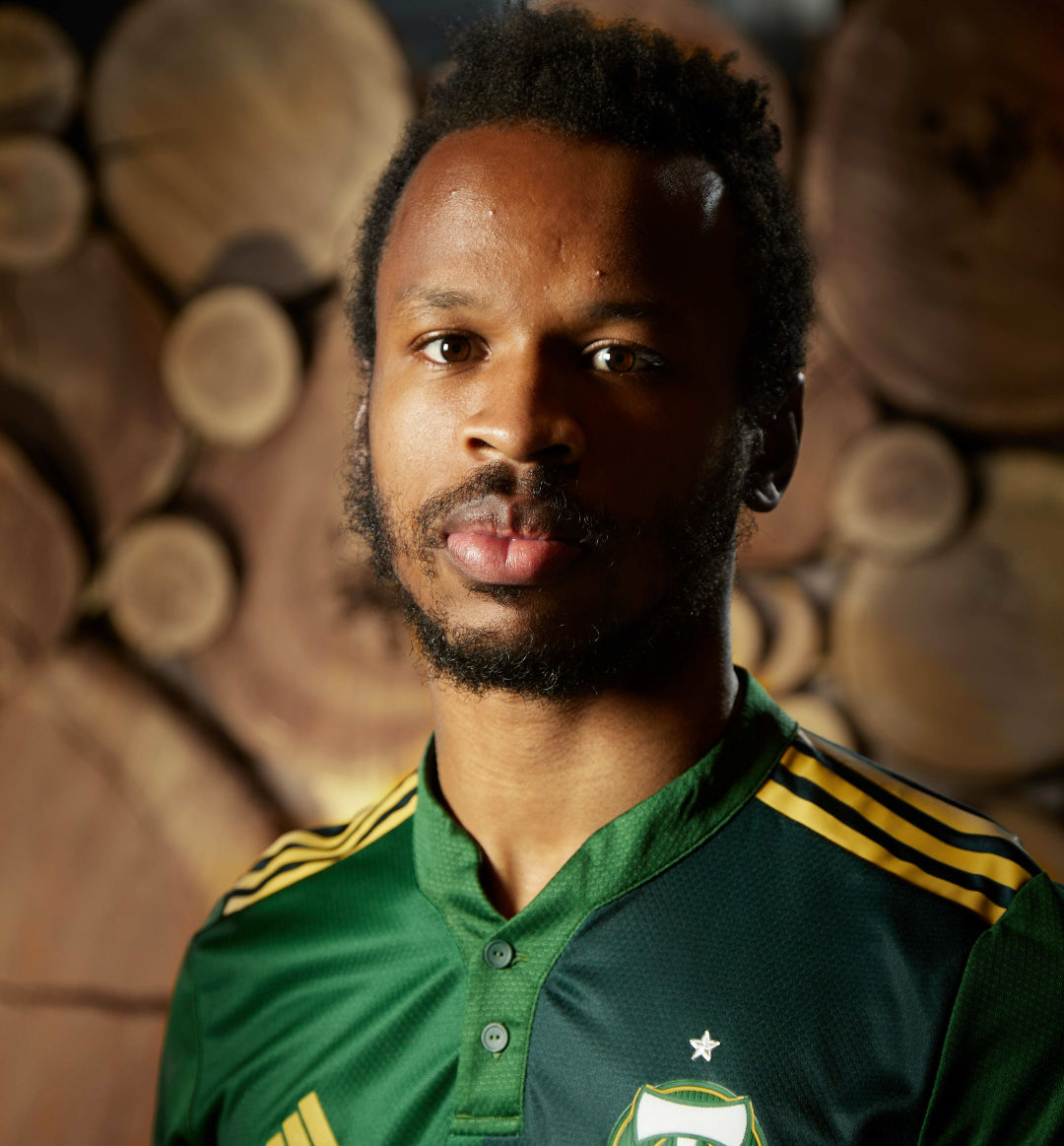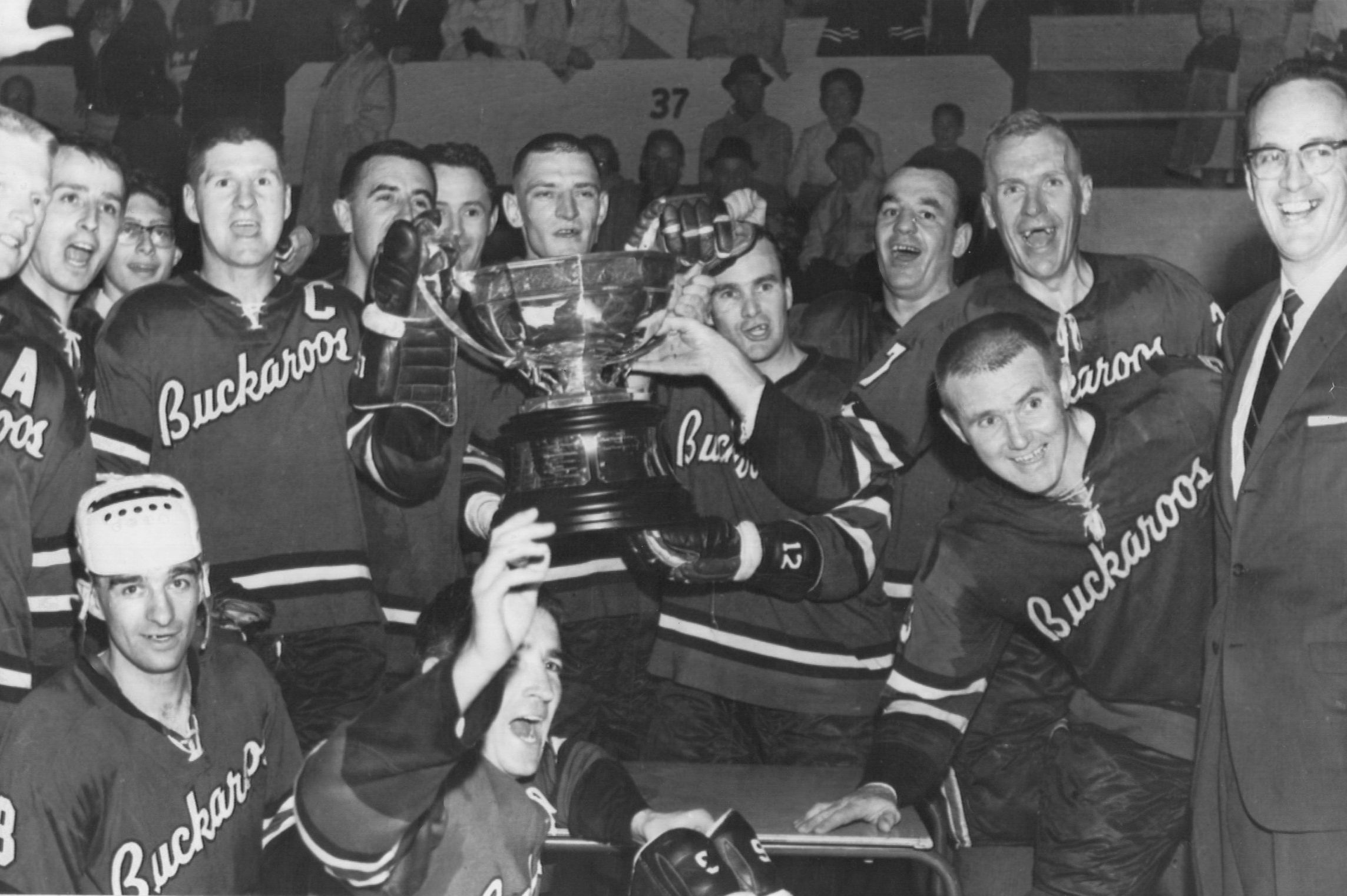Jeremy Ebobisse Is Done Letting Microaggressions and Overt Racism Slide

He may only be 24 years old, Portland Timbers forward Jeremy Ebobisse is already seen as a leader when it comes to activism within professional sports. In the locker room, he’s long been known as the guy who’s willing to start difficult conversations on social justice issues. Last summer, he helped found Black Players for Change, a coalition of Black MLS players dedicated to fighting racism both within soccer and in society at large, and he sits on the group’s executive board. We caught up with him on his work and on where the movement stands right now.
Black Players for Change has been around for about nine months now. What are you most proud of having accomplished during that time?
I think we've been everywhere—that's a good thing, and that's also something we need to improve on. Every conversation when there's a problem, Black Players for Change has been consulted. But now the framing becomes, how can we be part of setting standards, systems, and processes so that we can avoid the problems to begin with, or so we can create a structure that is promoting Black coaches, for example, or Black front office staff?
But what I'm most proud of is the youth-centered goal that we have. That manifests itself through our mini-pitches, or our futsal courts that we're building throughout the country—right now we have 12 in production in different cities. Now our question is, how do we make sure we don’t just drop in [and say], “Hey, we put a court there, job done.” How do we continue to support organizations doing the work on a daily basis?
We [also] don't want to build these courts with the sole purpose of saying, kids can only come here if they want to go professional. We want these courts to be inclusive to kids that haven't had access in the past. We want them to be a space where they can find joy, where they can find peace, where they can just be themselves and express themselves.
You’re known for being outspoken and willing to have tough conversations—you didn’t suddenly become an activist in 2020. How did you become that guy?
I think some of the frustration that I had growing up [in suburban DC] being one of a few Black people in my neighborhood led me to a point where I did not feel comfortable just letting microaggressions and overt racism slide anymore. So those conversations were had in response to certain actions and certain expressions. But the older I got, I decided, how can I prevent those moments?
The amount of times we see black men and women killed by whoever it is—it’s not a unique phenomenon, it’s intertwined with the fabric of this country. And if people just tried to look at one individual case, and try to dissect it for everything wrong with it—wrong with it being everything that that Black person did to invite it upon themselves—they're missing the point. If it wasn't that person on that day, it would have been someone else, on a different day, someone who might not have been in front of a camera so that the whole world can see.
Have you seen any of the people you’ve had those talks with grow over the last year?
The short answer is yes, I've seen a handful. But I've also seen people that have felt the need to act a certain way, say the right things to pretend like they cared, because everyone was a part of this summer.
So many people that had vilified the things I was saying for so long, saying that I was complaining too much or whatever—those people tried to insert themselves in conversations, and then slowly but surely, they found their way right back to where they were to begin with. So I'm actually glad that those people are going back to their true nature because I don't need to waste time on people who don't believe in this cause.
I've grown up around a lot of these people. As you grow older and older, you start to realize that some of the racial profiling that they were perpetuating, stereotypes that they were treating as facts, you realize that those weren't just innocent mistakes.
You can’t concern yourself with those people who clearly are disingenuous in the way they view the problem. The people who want that need to move together and not feel like they have to unify with people who won’t even accept basic truths. We need to build coalitions that are interested in doing this work.
Let’s talk about the national team. How do you reconcile USSF’s issues with racism—not to mention the racist and colonialist history of the United States itself—with the dream to play on the international stage?
Doc Rivers said it best [in The Playbook on Netflix]. He was talking about [disgraced LA Clippers owner] Donald Sterling, and he was saying, if you guys want to play, then play. If you don't want to play, don't play. Donald Sterling, or racist people casting a shadow over your career, they weren't there when you were a kid playing, enjoying the game. And so basically, we shouldn't let what he did take away what [we] want to do.
So that's how I view the national team. If I want to play for the national team, I can't let someone else and their bad behavior, their bad history be the reason that I don't get to fulfill my dream. The last thing we need to do is have a team not representative of this country just because other people are boxing us out ideologically. That's not going to happen. They're not going to win that battle.




